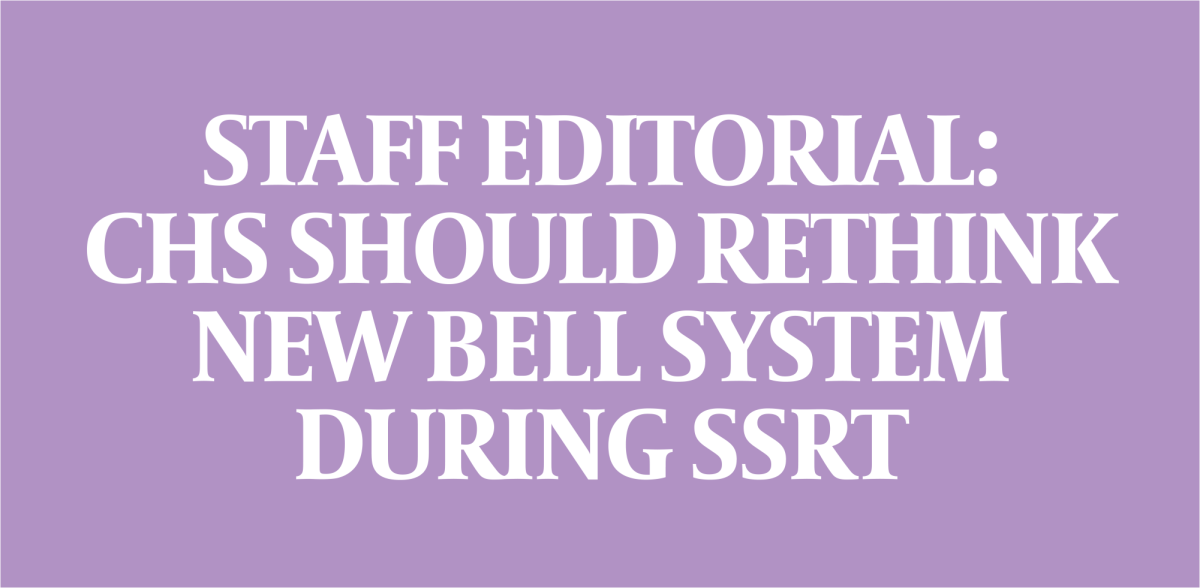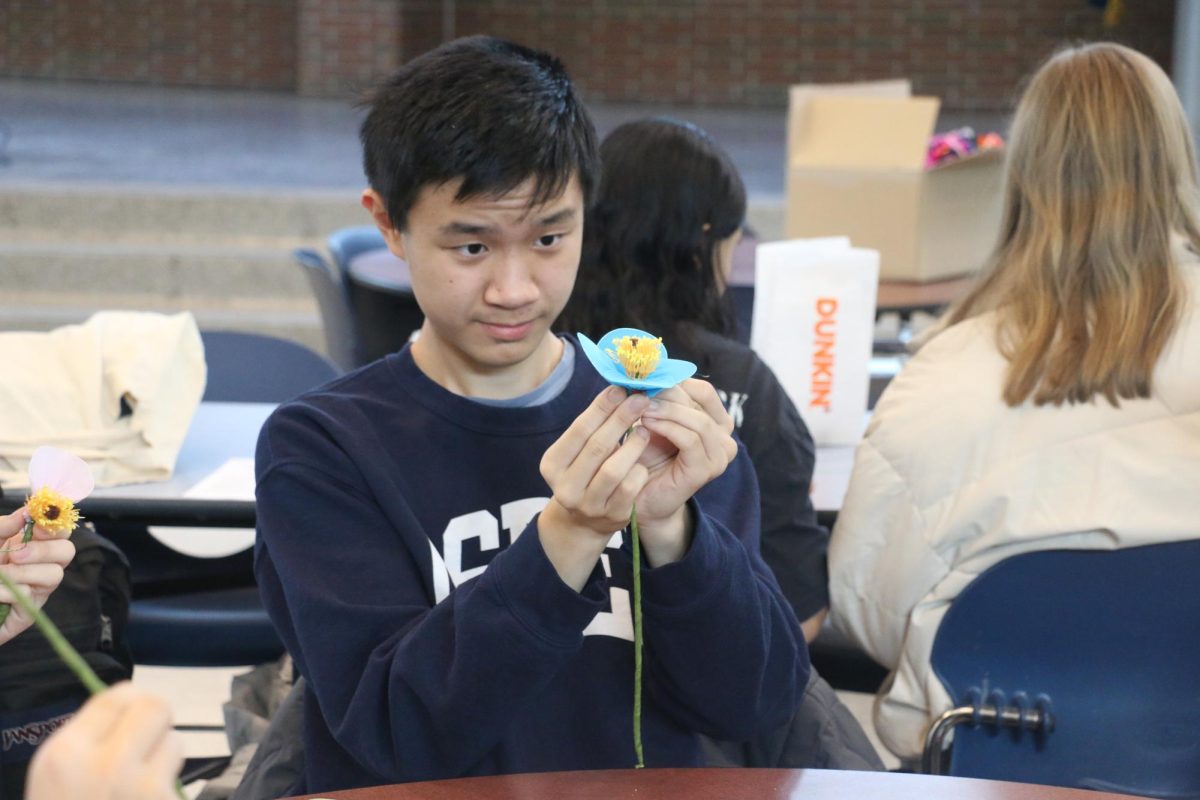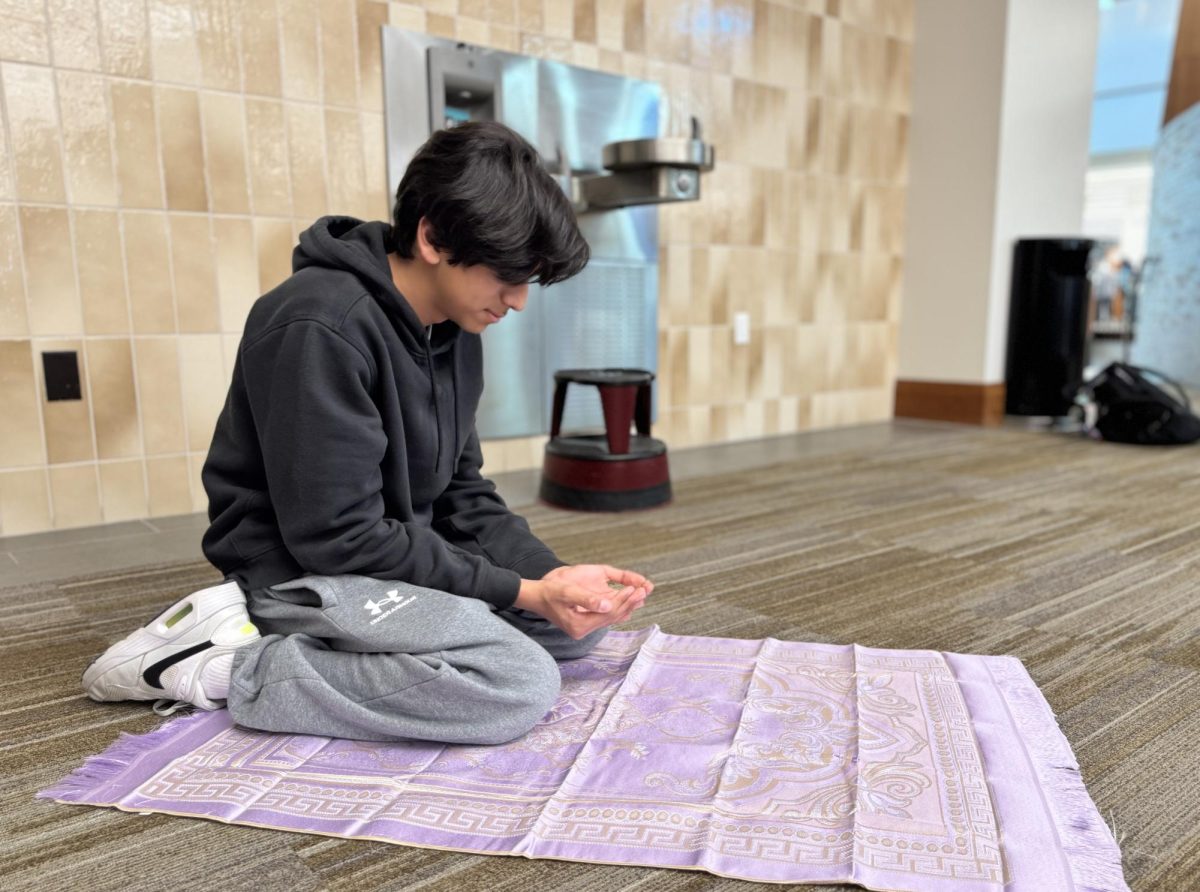Think of the name Brett. Now, quickly, does your mind conjure up an image of a boy or girl? While most think of boys with that name, junior Brett Gerstein, who is female, said throughout her life she has encountered confusion with people about her atypical name.
“Brett is my full name, and it’s typically a boy’s name. So throughout my life, it has had a lot of impact on me because all throughout elementary school, I had classes with a boy named Brett too, so there was always a feud about ‘oh, is it a boy’s name or a girl’s name?’” she said. “Often times, my teachers assume I am a boy before they meet me.”
Current studies about names have been garnering more attention, due to a greater awareness on the impact a name can have on oneself. According a 2011 New York Times article, parents have recently become more cautious when naming their children and use the Internet as a reference to evaluate names. Research has found that names can have long-term implications on people’s lives, especially regarding how people see themselves and how others treat them.
Melvin Manus, co-author of an influential study about names and psychology professor at the University of Michigan, said, “An unusual first name, like, say, Dracula, would lead others to think a person with a strange name… that might be a bit peculiar, and they might be reluctant to associate with such an individual. He might find it hard to make friends as a consequence. The resulting social isolation, in turn, might lead to low self-esteem, personal maladjustment and poor school performance.”
Gerstein said she occasionally experiences this in her own life.
“Sometimes it makes me a little insecure because some people don’t actually believe that (Brett) is my name. I have to repeat myself a lot and say, ‘Yeah, that is my name, and it is my full name,’ and people don’t believe it all the time,” she said.
Despite this, Gerstein said that once in a while, her unusual name beneficially influences her.
“But at other times, people are like, ‘Oh, that’s a really cool and unique name,’ and it makes me feel I’m not like everyone else,” Gerstein said.
Gerstein said she thinks her name has substantial consequences on her life because it is a significant factor used to characterize her.
She said,“Your name defines who you are. Names have meanings, so a lot of the times people try to embody the meaning of their name. If you go on any baby name site, you see names that mean ‘grace of god’ or ‘flowing river’ and really pretty names like that. Sometimes people’s personalities embody their names.”
Junior Matthew Terrell Anderson was originally born as Terrell Nathaniel Anderson. When he was just a baby, his name was changed because his mother, who is very religious, wanted him to have a name that appeared in the Bible.
Anderson said he thinks if Terrell were still his name today, people would treat him the same as they do with the name Matthew.
Anderson said, “Terrell is probably more of a stereotypical black name, but I don’t think teachers would have treated me any differently depending on my name.”
However, a study published in the Education Finance and Policy in 2005 contrasts with Anderson’s opinion. According to this study, people with “linguistically low-status” names are more likely to be treated differently by teachers. Also, according to the study, teachers are less inclined to acknowledge them as gifted students and more likely to recommend them to be screened for disabilities.
David Figlio, the researcher behind these findings and economics and education professor at Northwestern University, explained why this occurrence happens.
He said, “Names are often the first thing that a person knows about another individual. It is common for people to draw inferences about others based on the ways in which they dress, speak, et cetera. It seems reasonable that people might unconsciously draw inferences about others based on their names.”
Explaining this name bias in detail, Margo Monteith, psychology professor at Purdue University, said, “Along with a name goes certain stereotypes. People may not consciously endorse these stereotypes, but they may be knowledgeable of the stereotypes. Knowledge is stored in memory, and it can be activated and influence people’s responses automatically, regardless of people’s conscious beliefs about the truth value of the knowledge. So people may not be aware that they are even prone to something like the name bias.”
Despite his previous viewpoint, Anderson said he admits meeting people for the first time would change if he had the name Terrell instead of Matthew.
Anderson said,“People’s first impression of me would be a lot different with the name Terrell versus Matthew. With the name Terrell, around here, people (might) think I’m a gangster.”































![AI in films like "The Brutalist" is convenient, but shouldn’t take priority [opinion]](https://hilite.org/wp-content/uploads/2025/02/catherine-cover-1200x471.jpg)













































![Review: “The Immortal Soul Salvage Yard:” A criminally underrated poetry collection [MUSE]](https://hilite.org/wp-content/uploads/2025/03/71cju6TvqmL._AC_UF10001000_QL80_.jpg)
![Review: "Dog Man" is Unapologetically Chaotic [MUSE]](https://hilite.org/wp-content/uploads/2025/03/dogman-1200x700.jpg)
![Review: "Ne Zha 2": The WeChat family reunion I didn’t know I needed [MUSE]](https://hilite.org/wp-content/uploads/2025/03/unnamed-4.png)
![Review in Print: Maripaz Villar brings a delightfully unique style to the world of WEBTOON [MUSE]](https://hilite.org/wp-content/uploads/2023/12/maripazcover-1200x960.jpg)
![Review: “The Sword of Kaigen” is a masterpiece [MUSE]](https://hilite.org/wp-content/uploads/2023/11/Screenshot-2023-11-26-201051.png)
![Review: Gateron Oil Kings, great linear switches, okay price [MUSE]](https://hilite.org/wp-content/uploads/2023/11/Screenshot-2023-11-26-200553.png)
![Review: “A Haunting in Venice” is a significant improvement from other Agatha Christie adaptations [MUSE]](https://hilite.org/wp-content/uploads/2023/11/e7ee2938a6d422669771bce6d8088521.jpg)
![Review: A Thanksgiving story from elementary school, still just as interesting [MUSE]](https://hilite.org/wp-content/uploads/2023/11/Screenshot-2023-11-26-195514-987x1200.png)
![Review: "When I Fly Towards You", cute, uplifting youth drama [MUSE]](https://hilite.org/wp-content/uploads/2023/09/When-I-Fly-Towards-You-Chinese-drama.png)
![Postcards from Muse: Hawaii Travel Diary [MUSE]](https://hilite.org/wp-content/uploads/2023/09/My-project-1-1200x1200.jpg)
![Review: "Ladybug & Cat Noir: The Movie," departure from original show [MUSE]](https://hilite.org/wp-content/uploads/2023/09/Ladybug__Cat_Noir_-_The_Movie_poster.jpg)
![Review in Print: "Hidden Love" is the cute, uplifting drama everyone needs [MUSE]](https://hilite.org/wp-content/uploads/2023/09/hiddenlovecover-e1693597208225-1030x1200.png)
![Review in Print: "Heartstopper" is the heartwarming queer romance we all need [MUSE]](https://hilite.org/wp-content/uploads/2023/08/museheartstoppercover-1200x654.png)

